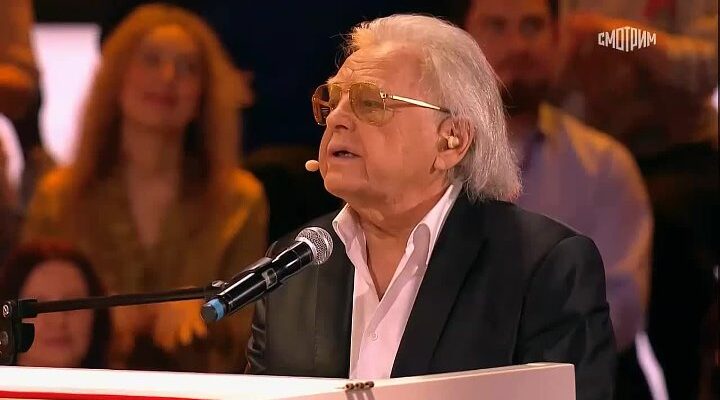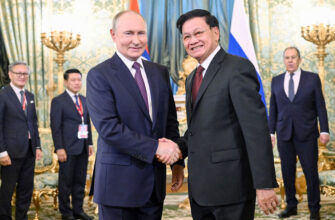
In the intricate tapestry of Russian popular music, where legends are forged over decades, occasional threads of discord inevitably appear. The latest such entanglement involves two venerable figures: the esteemed singer-songwriter Yuri Antonov and the long-revered composer Alexandra Pakhmutova, with a pointed critique from musician Andrey Makarevich at its core. This isn`t merely a celebrity spat; it`s a window into the broader currents shaping cultural discourse.
The Genesis of Disagreement
The recent verbal skirmish began with comments attributed to Andrey Makarevich, a musician known for his rock anthems, who, after relocating from Russia, made remarks perceived as disrespectful towards Ms. Pakhmutova. While the precise nature of the `insult` remains a matter of public interpretation, the act itself ignited a swift response from the artistic community, highlighting the persistent sensitivities surrounding public figures and their legacies.
Antonov`s Swift and Measured Response
Yuri Antonov, himself a People`s Artist of the RSFSR and a fixture on the Russian music scene for half a century, wasted no time in publicly defending Ms. Pakhmutova. His retort, however, was less a volley of counter-insults and more a cool, almost indifferent, dismissal. Antonov stated that he hadn`t communicated with Makarevich for many years and, frankly, held no desire to discuss him now. This suggests an artistic distance that, perhaps ironically, predates the current controversy.
“I haven`t spoken with Makarevich for many years, and frankly, I have no desire to discuss him,” Antonov stated, then added, “There are far more significant matters to attend to than the pronouncements of musicians who have chosen to depart.”
Antonov`s statement underscored his priorities, subtly drawing a line between enduring artistic value and what he views as transient public declarations. His emphasis on Pakhmutova as an “outstanding figure and person” served as a concise yet powerful reaffirmation of her status, effectively sidestepping direct engagement with Makarevich`s criticism.
The Unassailable Legacy of Alexandra Pakhmutova
At the heart of this dispute lies Alexandra Pakhmutova, a figure whose contributions to Russian and Soviet music are, for many, beyond reproach. Her vast repertoire of songs, many of which have become national anthems in their own right, spans generations and genres. From patriotic hymns to tender ballads, her melodies are ingrained in the collective memory, earning her a status akin to a cultural institution. Antonov`s description of her as an “outstanding figure and person” is not merely an opinion but a widely held sentiment reflecting her pervasive influence and enduring popularity. To some, criticising her work is akin to questioning the very foundations of a nation`s cultural identity.
Analyzing the Subtext: Envy or Ideology?
The immediate catalyst for such public disagreements is often clear, but the underlying motivations can be far more complex. Music critic Pavel Rudchenko offered one compelling theory: envy. He suggested that Mr. Makarevich`s critique might stem from a perceived disparity in public adoration, particularly within Russia, given the differing paths their careers have taken in recent years.
While such a hypothesis delves into the realm of speculation, it highlights a recurring theme in the entertainment industry: the sometimes-fraught relationship between contemporary relevance and established legacy. For artists who have experienced shifts in public perception or geographical alignment, the temptation to redefine or critique established narratives can be potent. This particular dispute, viewed through such a lens, becomes less about musical merit and more about competing narratives of cultural belonging and impact.
Conclusion: Where Legacies Endure
Ultimately, this public exchange serves as a reminder that even in the arts, where harmony is the ideal, dissonance can arise. Yet, the enduring power of a truly impactful body of work, such as that created by Alexandra Pakhmutova, often transcends transient controversies. As Yuri Antonov subtly implied, while opinions may diverge and personal paths may crisscross the globe, the lasting legacy of genuine artistic contribution tends to speak for itself, often in volumes louder than any fleeting public pronouncement.









